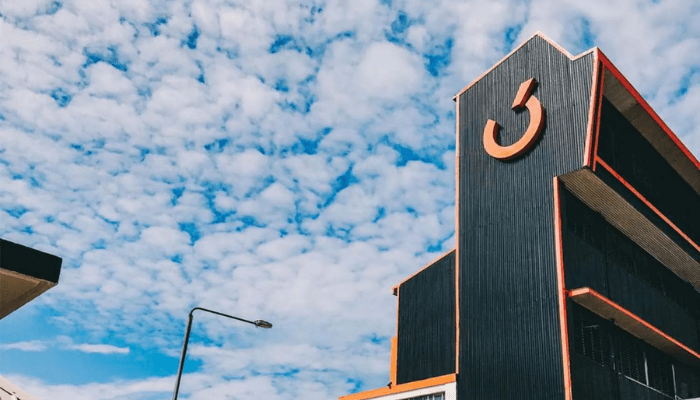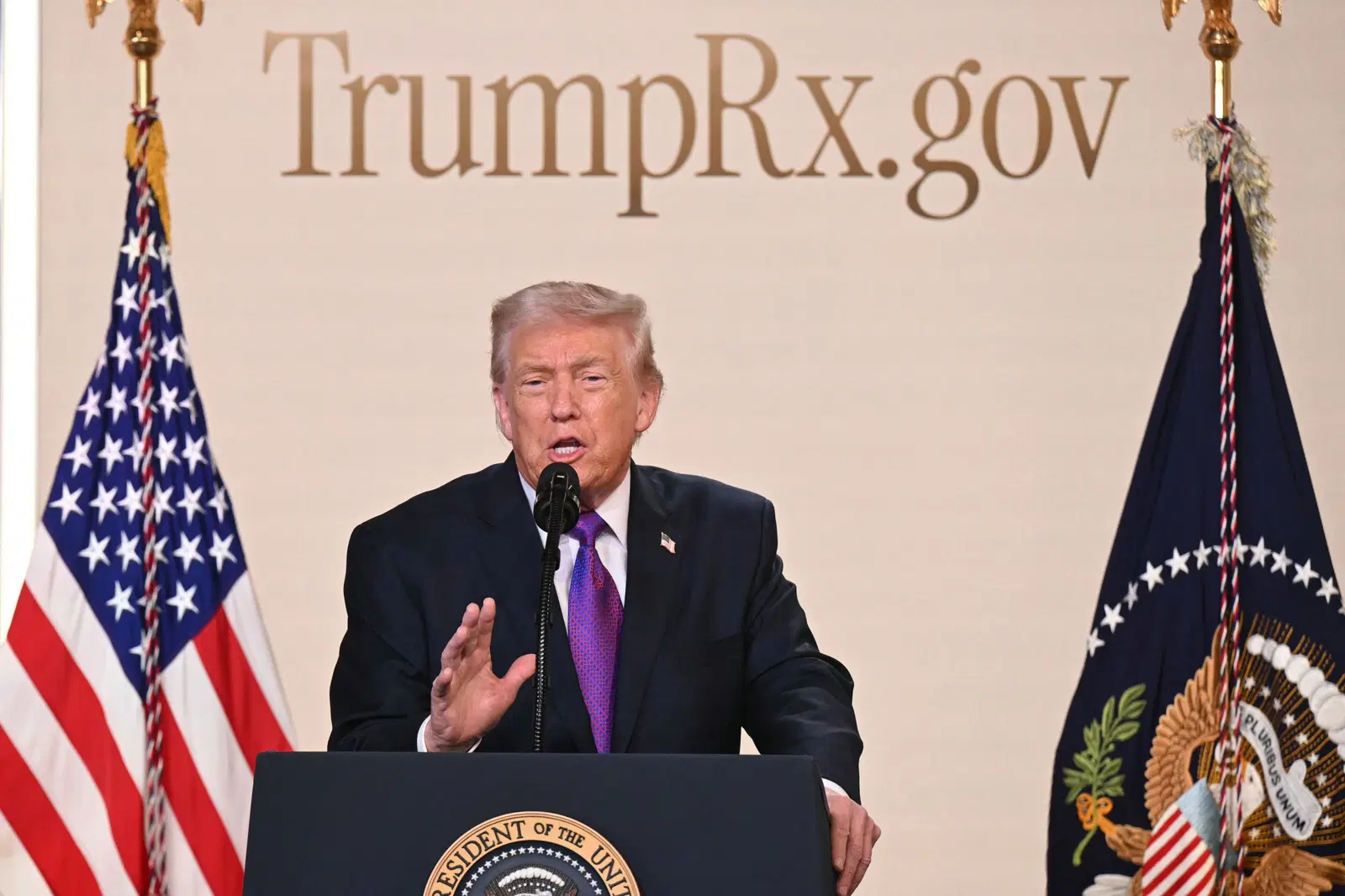Former Nigerian President, Olusegun Obasanjo, has shared insights on how he increased the country’s foreign reserves from a mere $3.7 billion to $45 billion during his eight-year presidency.
In an interview with News Central aired on Thursday, Obasanjo revealed that he inherited a significant debt burden when he took office. At that time, Nigeria’s total debt was $36 billion, with debt servicing costs reaching $3.7 billion, while foreign reserves were stagnant at $3.7 billion.
The former president detailed that through consistent efforts to secure debt relief from international creditors, Nigeria’s debt decreased from $36 billion to $3.5 billion by the end of his tenure.
At the same time, the country’s foreign reserves saw substantial growth, rising from $3.7 billion to $45 billion during that period.
“When I came in 1999, I met $3.7 billion in reserve. And as I told you, we were spending $3.5 billion to service debt. That’s how we had. By the time I left eight years later, with debt relief.
“When I came in, we had a debt overhang of close to $36 billion. By the time I left, with the debt relief and clearing what we had to clear, the quantum of debt that I left was about $3.5 to $3.6 billion from over $3.6 billion or around $36 billion.
At the same time, the reserve that was $3.7 billion went to $45 billion,” Obasanjo said.
Additionally, the former president noted that he established the Excess Crude Account to manage budget surpluses from crude oil sales, ultimately leaving a total of $25 billion in the account.
He stated that the budget during his administration was deliberately conservative, which enabled the government to save the surplus in the ECA.
Obasanjo expressed regret that the savings accumulated in the treasury were depleted after he left office.
He pointed out that, 17 years later, from 2007 to 2024, Nigeria now carries a higher international debt than it did in 1999 when his administration sought debt relief.
He attributed this situation to fiscal mismanagement and a lack of accountability in leadership and public service.
“The point is that I left in 2007 and today in 2024, just 17 years after, all that amount of money has gone. Not only that, but all the money they made during that period had gone.
“Today, we owe more than we owed when I came to government in 1999. Why? Poor leadership, poor management of the economy, corruption galore, and abrasive corruption which is also part of poor leadership.
“Not given consequences; that when you do something wrong, you have consequences. I call it lack of consequences and impunity,” Obasanjo added.
Nigeria in recent years has faced a significant fiscal crisis stemming from poor economic management, an escalating debt profile, and increasing debt servicing costs.
These challenges have put immense pressure on the country’s reserves, heightened foreign obligations, and depleted the national treasury.
By the second quarter of 2024, Nigeria’s debt had reached N134.3 trillion, marking the highest level in its history.
Additionally, data from the Central Bank of Nigeria indicated that the Excess Crude Account now contains only $376,655, underscoring the country’s declining revenue prospects.










